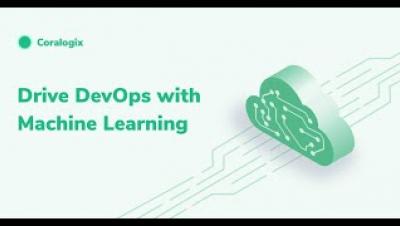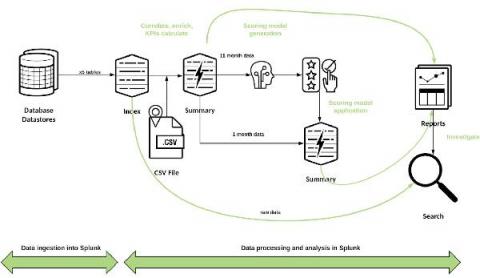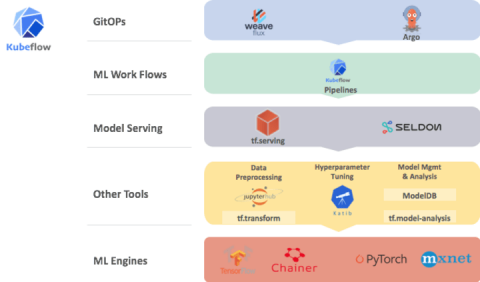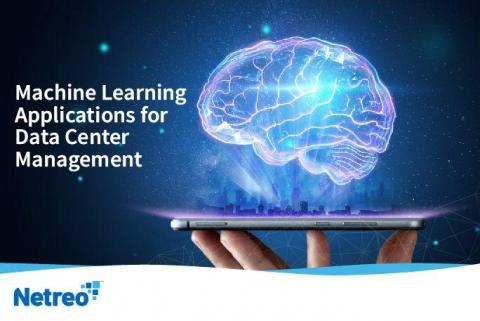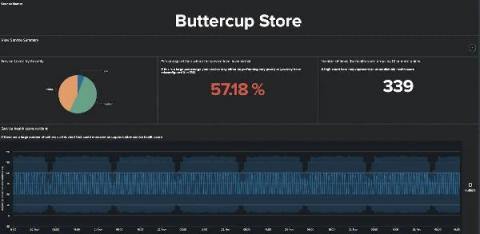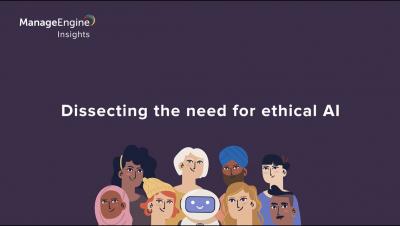Using Elastic machine learning rare analysis to hunt for the unusual
It is incredibly useful to be able to identify the most unusual data in your Elasticsearch indices. However, it can be incredibly difficult to manually find unusual content if you are collecting large volumes of data. Fortunately, Elastic machine learning can be used to easily build a model of your data and apply anomaly detection algorithms to detect what is rare/unusual in the data. And with machine learning, the larger the dataset, the better.



